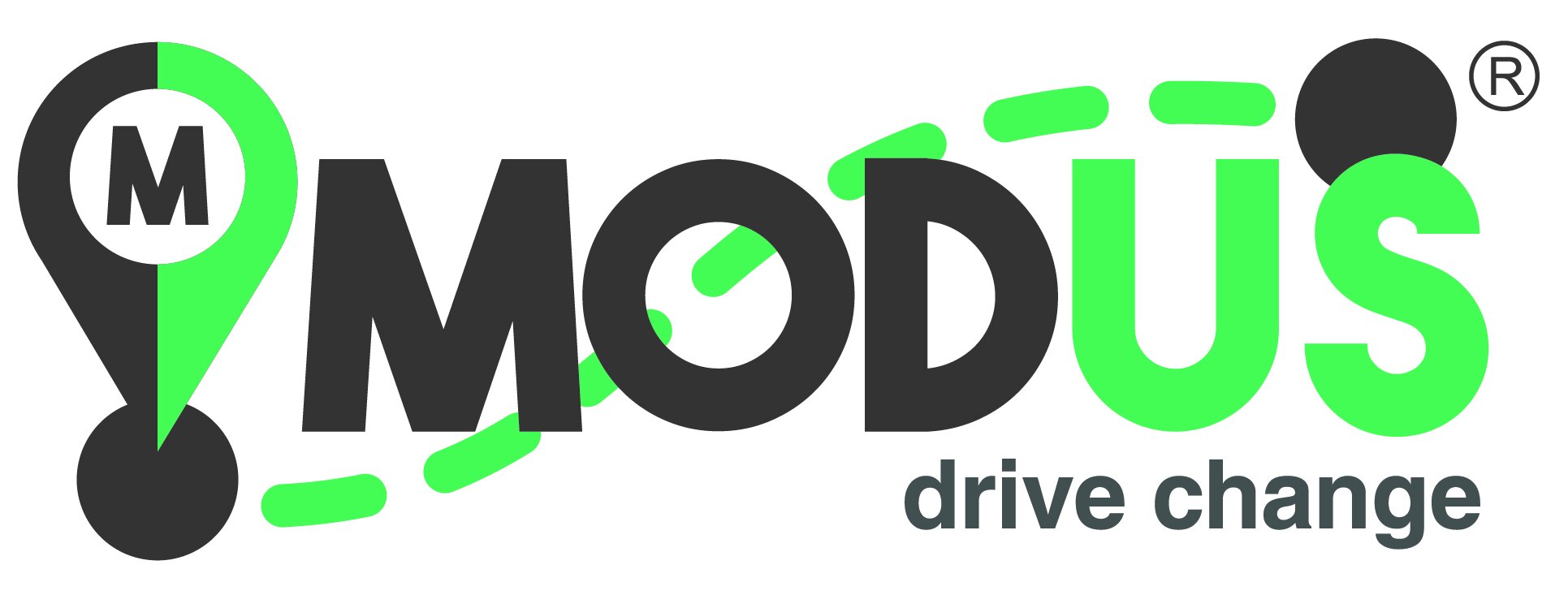Mental Health & Transportation
The importance of mental health has been magnified as the world learned to cope with shared trauma, burn-out, and social isolation this last year. The World Health Organization defines health as, “a state of complete physical, mental, and social well-being and not merely the absence of disease or infirmity.” Mental health awareness is becoming more common as communities begin to see the impact this vital part of well-being has on entire communities, not just those struggling with mental illness.
The Problem
From 2016-2018, The Urban Institute, a non-profit dedicated to elevating the debate of social and economic policy, worked with Tulsa to identify the city’s capacity to improve mental health. This report identifies the strengths and weaknesses the city of Tulsa to support those at risk or living with mental health illnesses. The most striking finding was that those Tulsans diagnosed with mental illness and/or substance use disorder have a life expectancy of only 49.4 years which is 27 years lower than that of the average Oklahoman.
While Tulsa has some of the most innovative brain research facilities and medical programs to address treatment needs of those living with mental health disorders, lack of funding and collaboration makes it difficult for these facilities to make a bigger impact and narrow the life expectancy gap. In addition The Urban Institute found that, “Transportation challenges were consistently identified by key informants as a major barrier to supports and care in the greater Tulsa area.” We’ve seen this over and over from other studies that transportation accessibility is a factor in mental health and well-being.
The Solution
Solving the mental health crisis worldwide and within Tulsa requires a combination of resources, organizations, and funding. Research has found that increased social engagement and access to health facilities improves an individual’s mental well-being. Tulsa has some of the best organizations dedicated to identifying needs and providing quality care to individuals experiencing mental health crises. However, to increase the life expectancy for those living with mental illness, we all must do our part and consider ways we can use our expertise and resources to impact the greater need.
At Modus, we know that, by providing safe and reliable transportation, we're helping increase access to critical services that are necessary for, not only mental well-being, but overall well-being. Prioritizing transportation equity and ensuring ALL Tulsa residents have equitable access to mental health services is essential. To help Tulsa become a healthier community, do these three things: Educate yourself on these issues, Advocate for transportation equity, and Get involved. Let’s get to work and "Drive Change"!
Resources
Check out some Modus partner agencies doing their part to help promote mental wellness in Tulsa:
- Mental Health Association Oklahoma
- Family & Children Services : COPES Crisis Hotline 918-744-4800
- Volunteer Information | Modus (modustulsa.org)
More mental health services can be found on the City of Tulsa’s website here.

